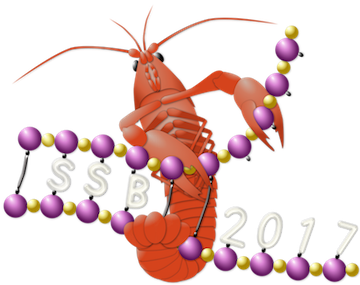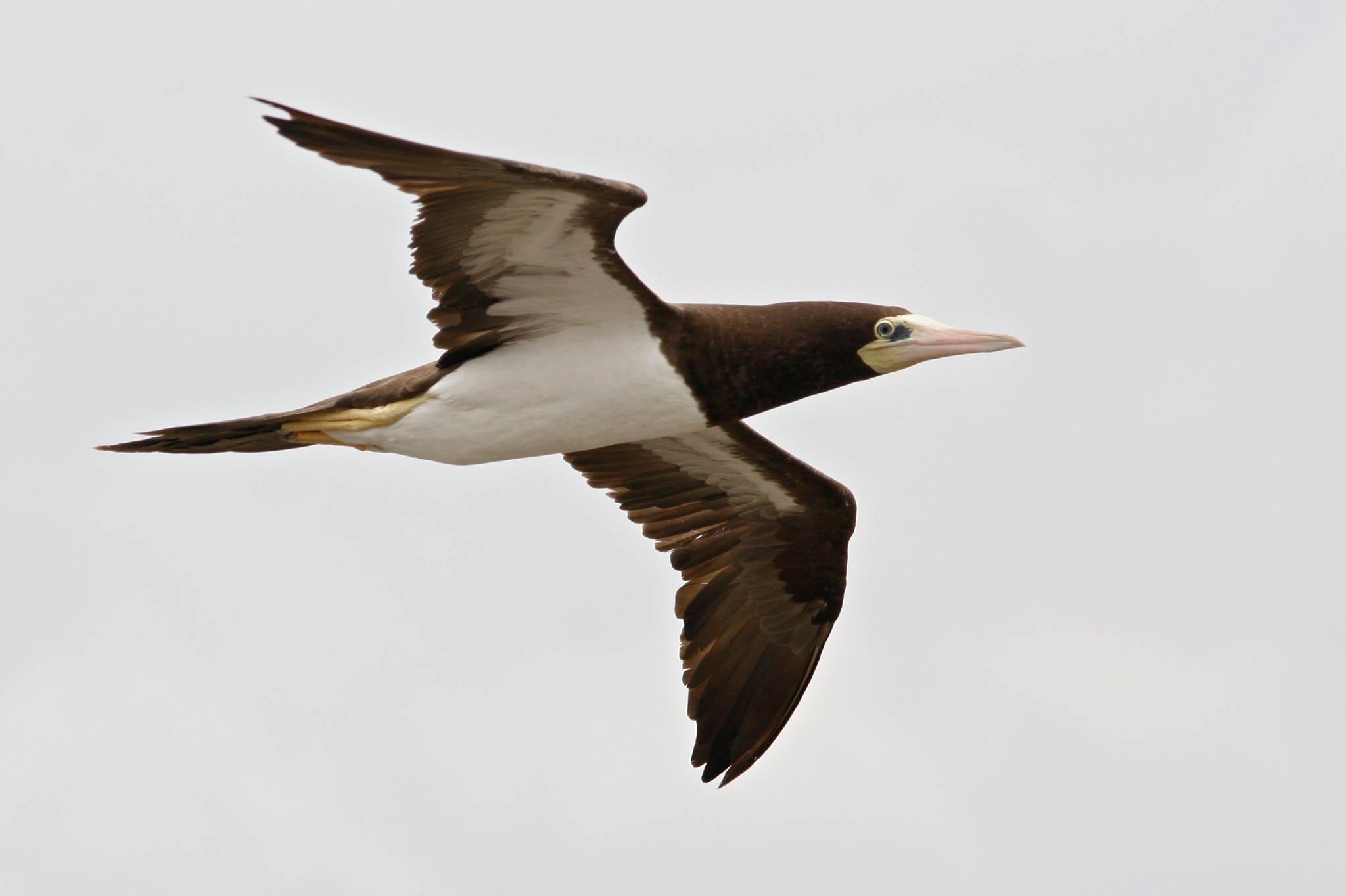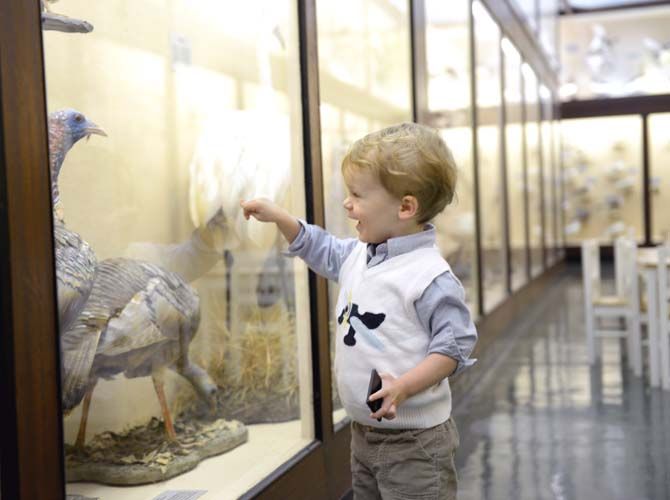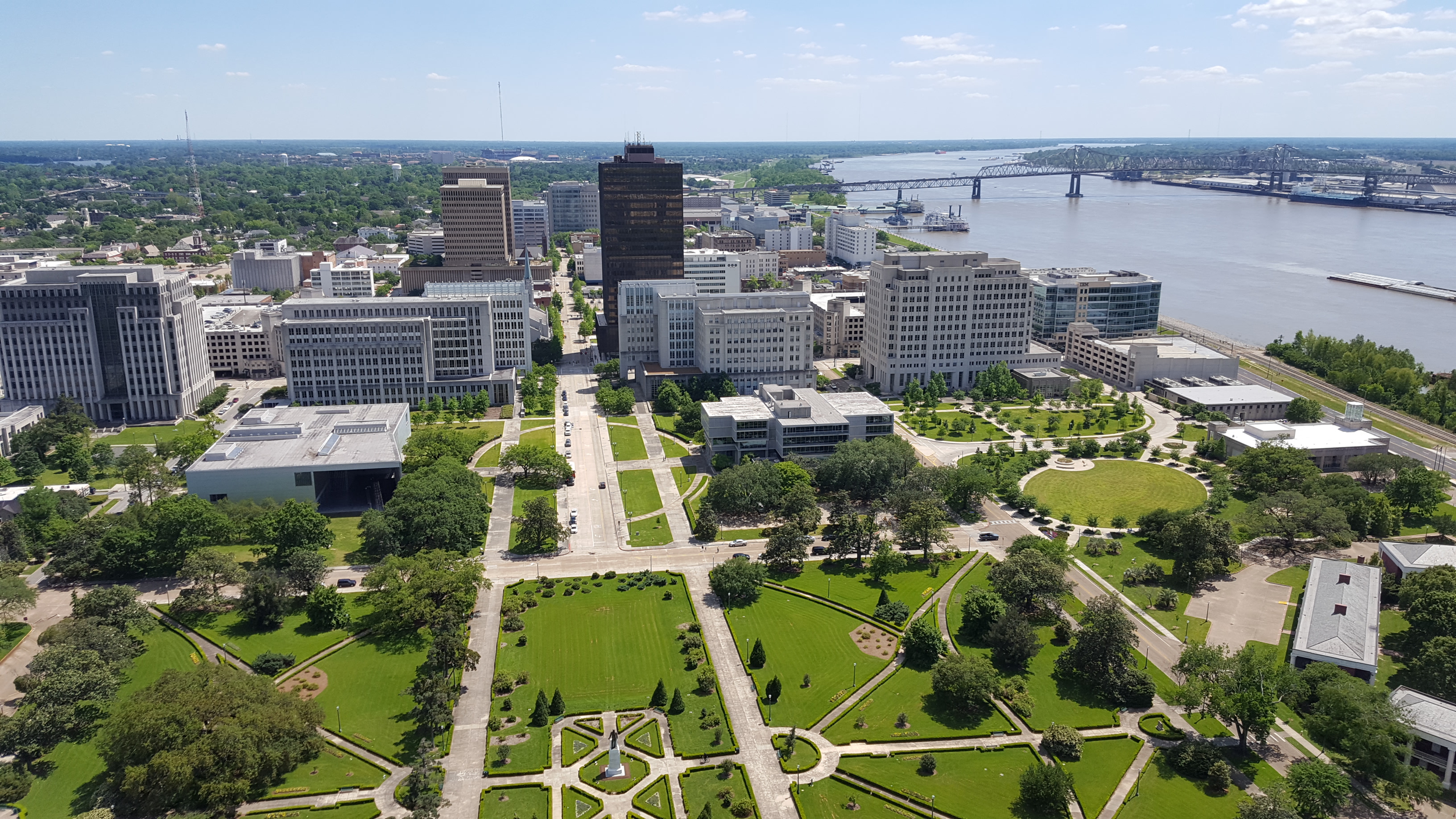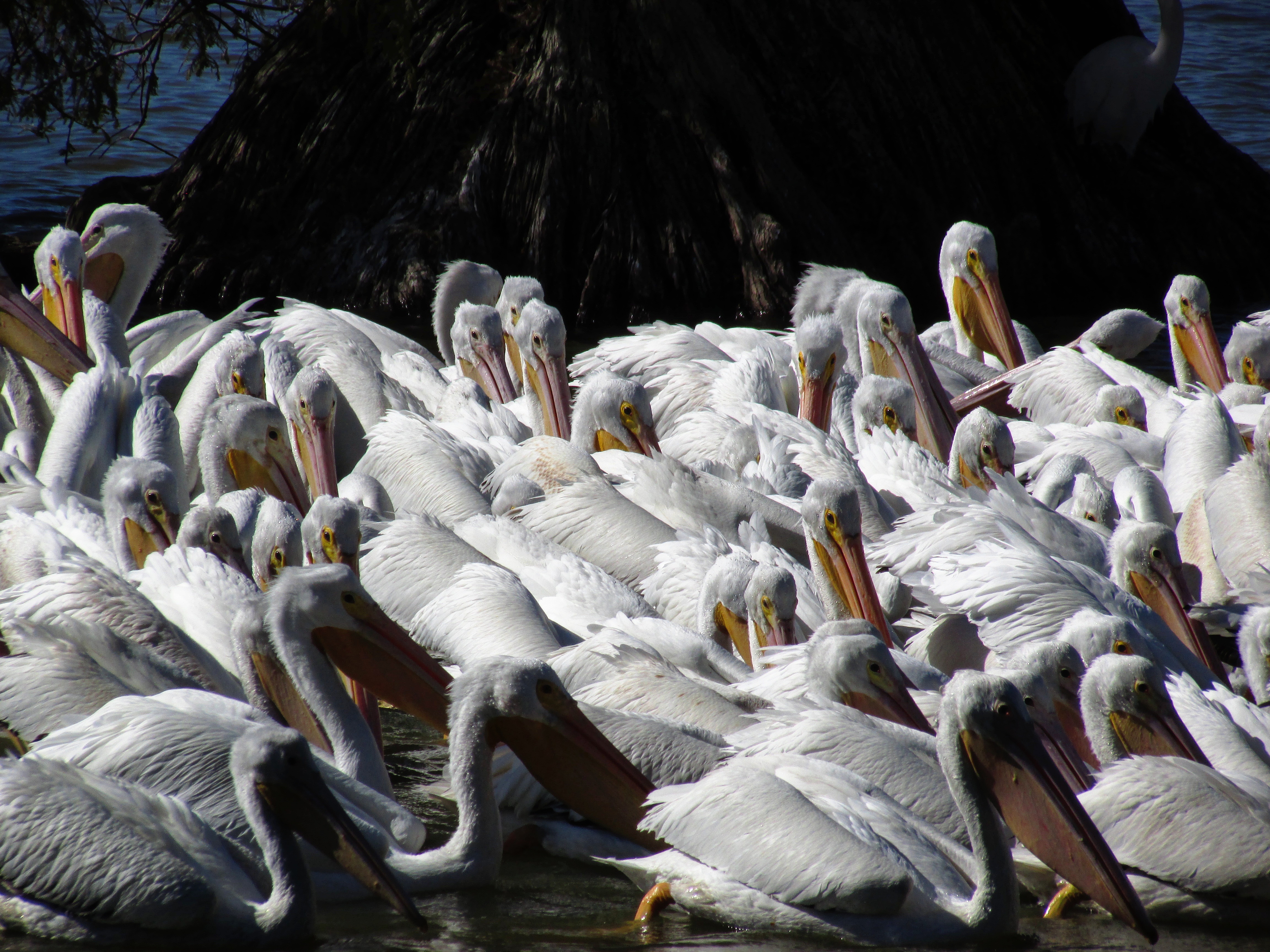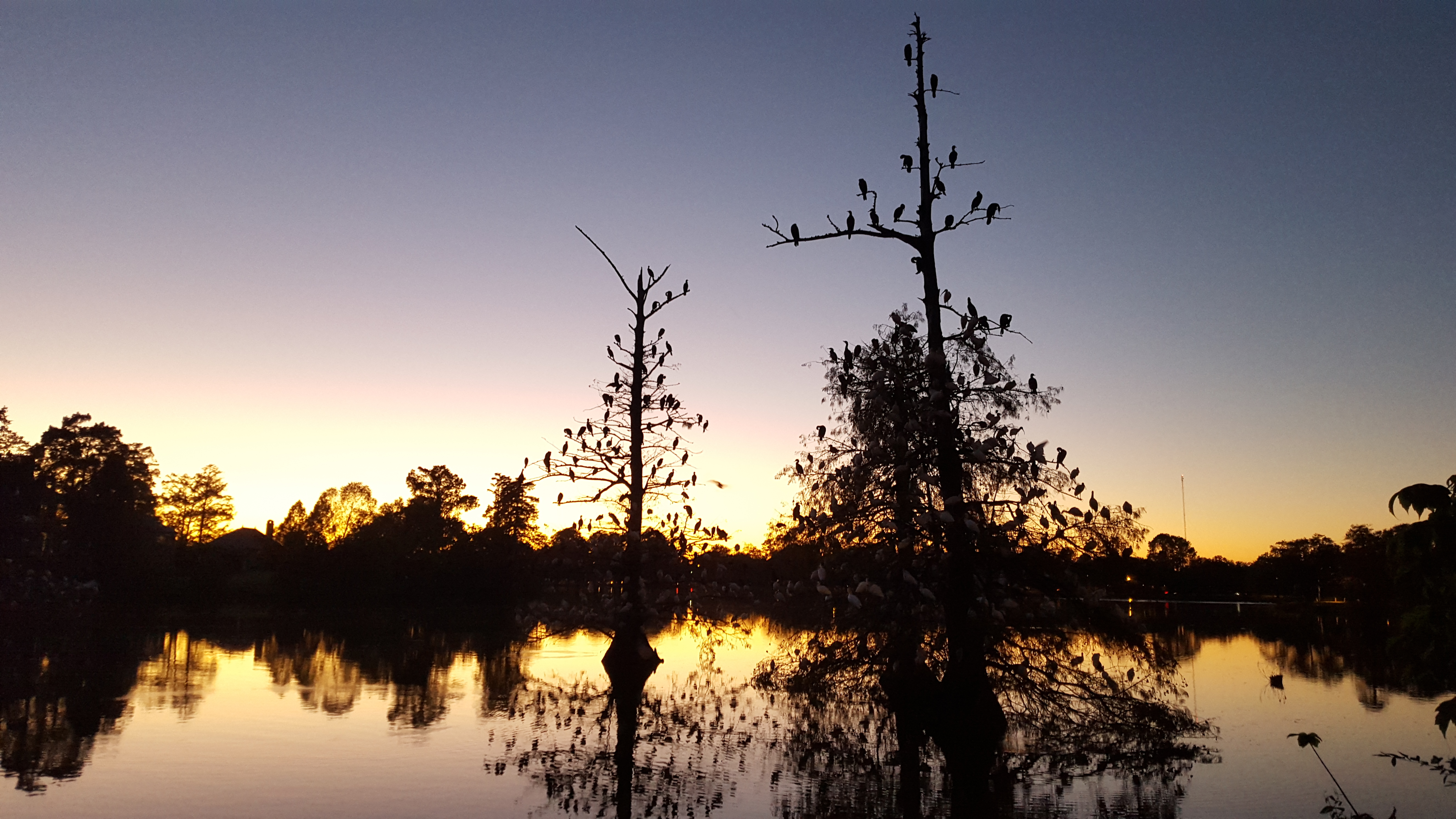-
A day-long introduction to the new RevBayes software package, for Bayesian inference in phylogenetics, will be held on Sat., Jan. 7th. Note that this is a day earlier than other workshops. Those wishing to attend a more advanced RevBayes workshop on Sun., Jan. 8th should plan to attend this introduction or familiarize themselves with the basics of RevBayes using online tutorials. Workshop details here.
-
Arbor is workflow software for comparative methods. You can use Arbor to carry out a wide range of comparative analyses, including independent contrasts, ancestral state reconstruction, phylogenetic generalized least squares (PGLS), phylogenetic community ecology, fit macroevolutionary models, and more! Arbor aims to bring comparative biology into the age of big data. Workshop details here.
-
Bayou is an R package for Bayesian modeling of adaptive trait evolution on phylogenies. Attendees will learn how to use bayou, Ornstein-Uhlenbeck models and reversible-jump Markov chain Monte Carlo to identify and interpret shifts in adaptive trait evolution. We will cover the underlying theory behind macroevolutionary adaptive landscapes as well as advanced topics such as model selection, allometry and implementing customized models. Workshop details here.
-
PHRAPL is a new R package that allows uses to identify the optimal demographic model for phylogeographic inference. Attendees will be introduced to the theory behind PHRAPL and will learn basic operations, including how to format their data, conduct analyses and interpret results. Advanced topics will include how to design and test hypotheses and conduct power analyses. Workshop details here.
-
Proper fit between models and data is critical to ensuring the reliability of statistical inferences. When models of evolution fail to capture important aspects of molecular or trait evolution, phylogenetic and comparative inferences may not be dependable. Posterior predictive simulation is an intuitive and flexible approach for assessing model fit in a Bayesian framework. Attendees will learn how to design, run, and interpret posterior predictive analyses using RevBayes. Travel awards may be available for participants attending this workshop. Workshop details here.
-
This half-day workshop will guide participants through the theory and practice of combined inference of dated phylogenies using fossil and molecular data. For this workshop, participants should attend the RevBayes Introduction workshop or have previous experience using RevBayes. We will cover the background necessary to understand the fossilized birth-death process, relaxed clock models, and discrete morphological evolution. The tutorial provided will demonstrate how to perform a "total-evidence analysis" on a provided dataset. Additionally, participants can bring their own data to analyze. Travel awards may be available for participants attending this workshop. Workshop details here.
-
DendroPy is a Python library for phylogenetic computing. With this workshop you will learn to use DendroPy to power your bio/phylo/evo-informatics adventures! We will begin with a conceptual overview of DendroPy's phylogenetic data model and its usage. This will be followed by a series of practicals that will provide all you need to get started working with phylogenetic data.Workshop details here.
-
TreeScaper allows users to visualize, explore, and quantify variation and structure in sets of phylogenetic trees. Modern phylogenomic studies frequently result in large collections of trees. Come learn how to calculate a variety of tree-to-tree distances, visualize trees in interactive 2- or 3-dimensional plots, and identify the number of unique phylogenetic signals.Workshop details here.
-
This workshop will introduce phylogenetic models of range evolution using RevBayes. Topics will include the basics of the dispersal-extinction-cladogenesis model, ancestral area estimation, epoch models, hierarchical models, and joint estimation of phylogeny and biogeography. Basic comfort with programming is required (e.g. R, python, Rev, etc). Travel awards may be available for participants attending this workshop. Workshop details here.
-
Learn how to use the R package BioGeoBEARS to compare models for phylogenetic biogeography. New options will be presented, including measuring the relative impact of geographical distance, environmental distance, and connectivity on dispersal probability. BioGeoBEARS can also estimate dispersal rates that depend on a discrete trait. Biogeographical Stochastic Mapping can estimate the number and timing of biogeographic events, and a collection of these stochastic maps can be animated on a phylogeny, and mapped on a geographic map. Workshop details here.
-
National Science Foundation program officers will be on hand to talk about the "Future of Systematics", discuss funding opportunities, and hear from the systematics community.More details here.
